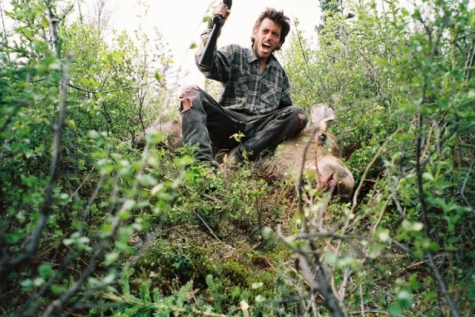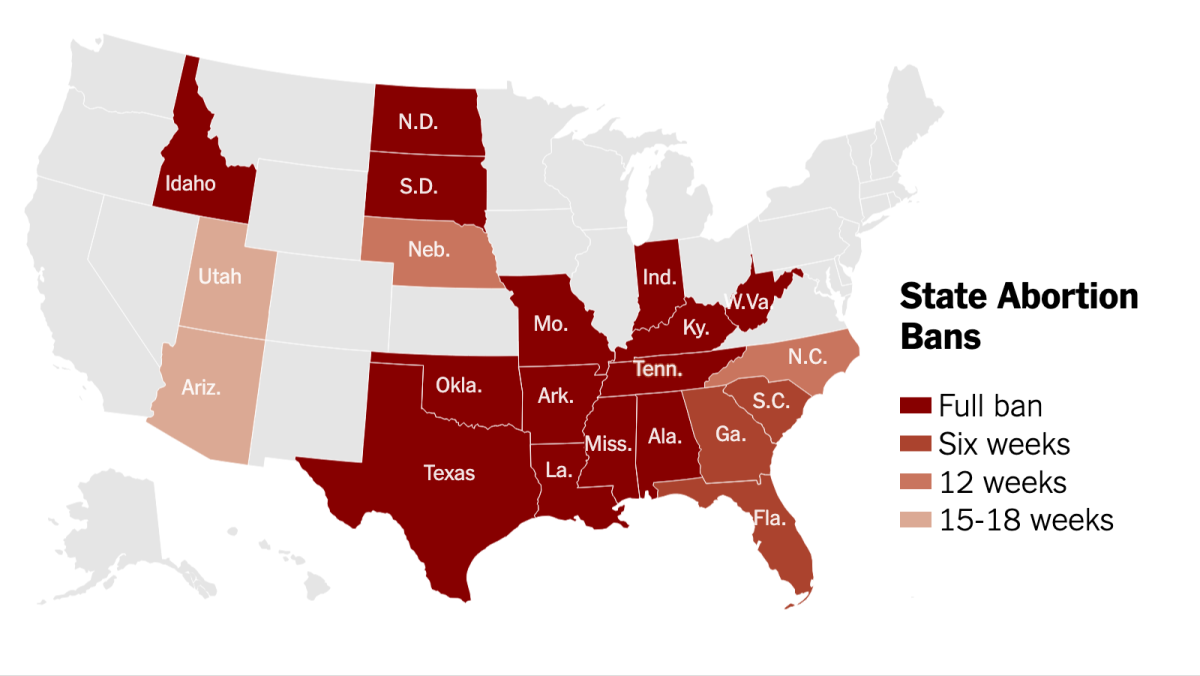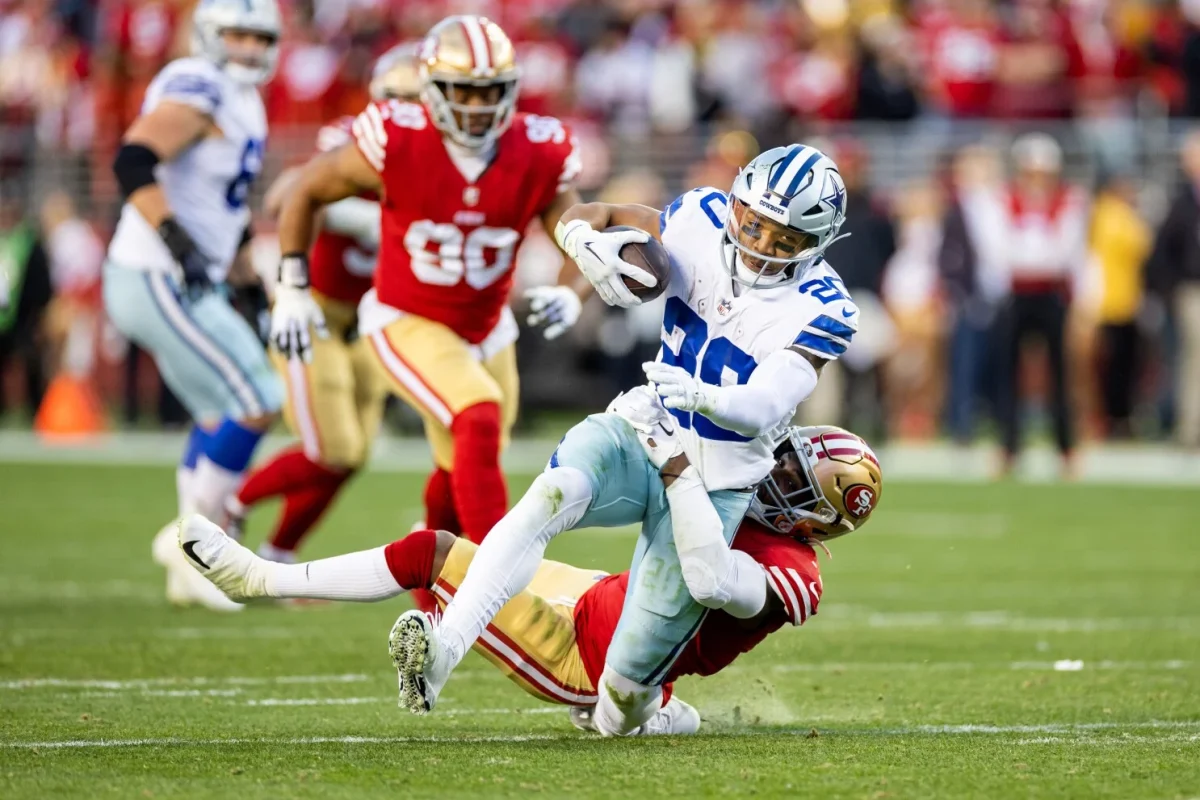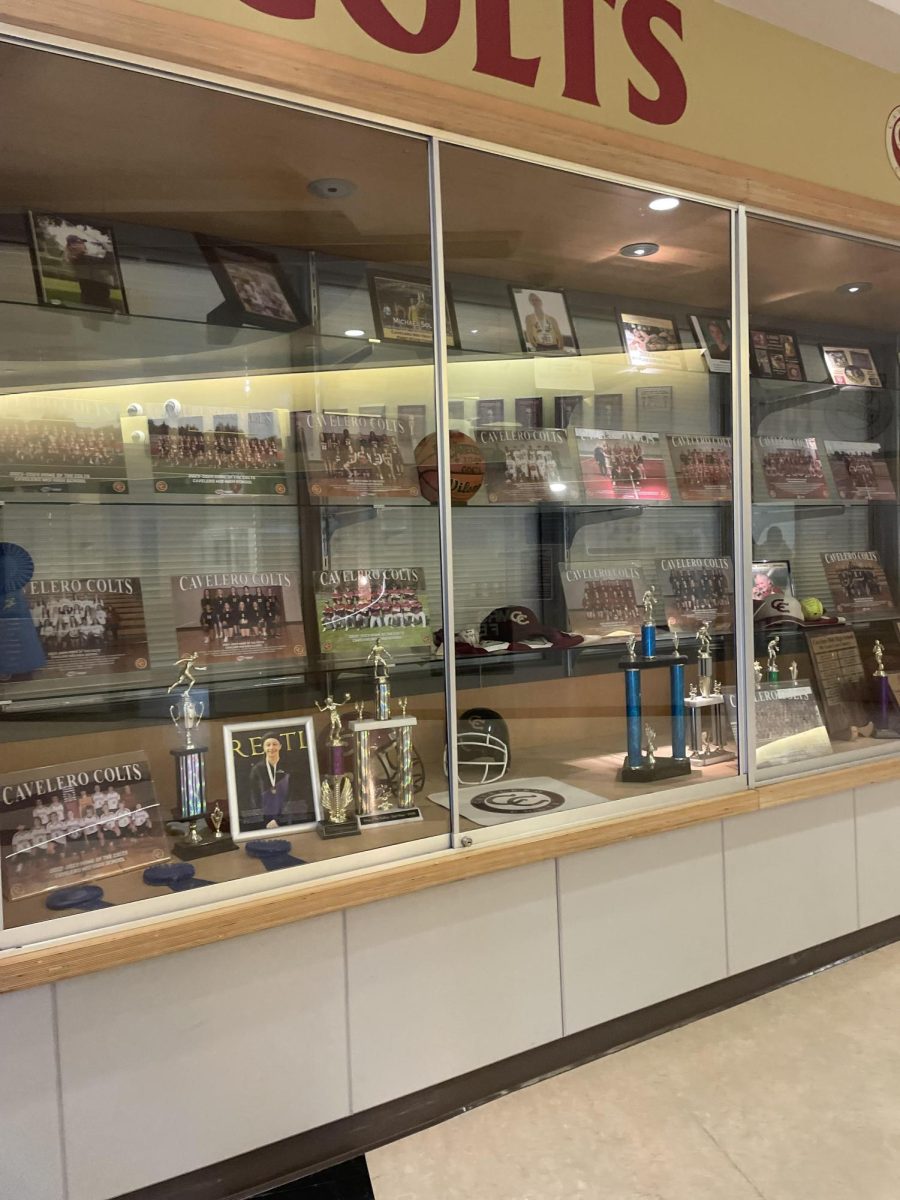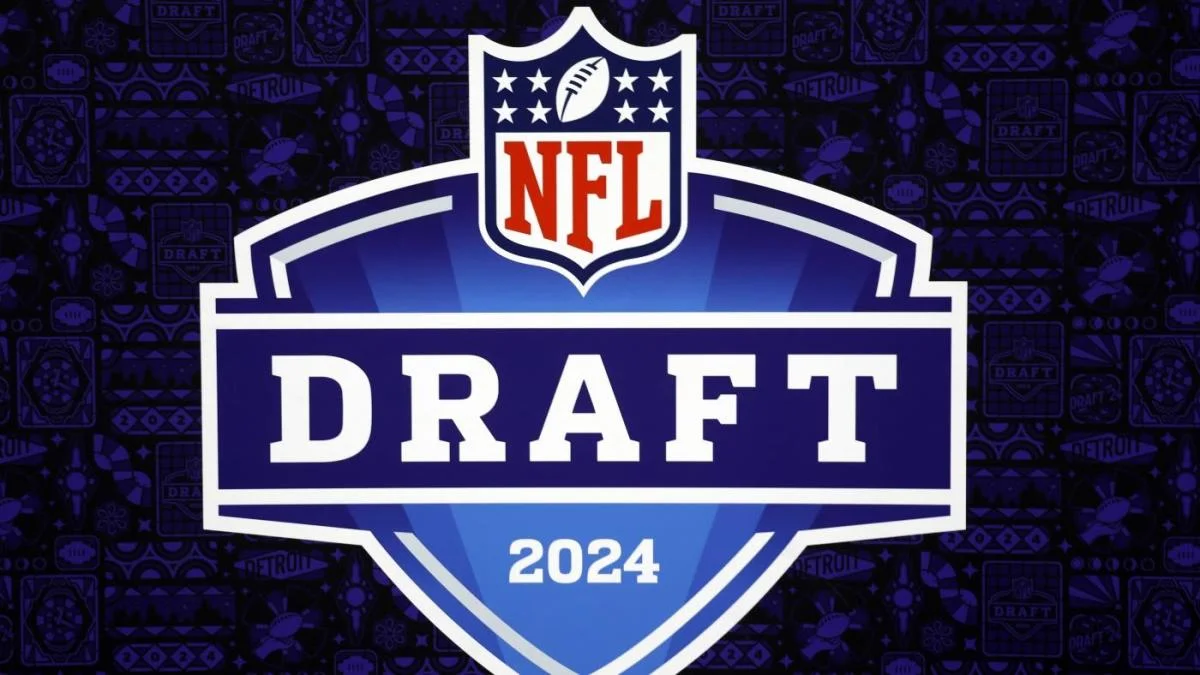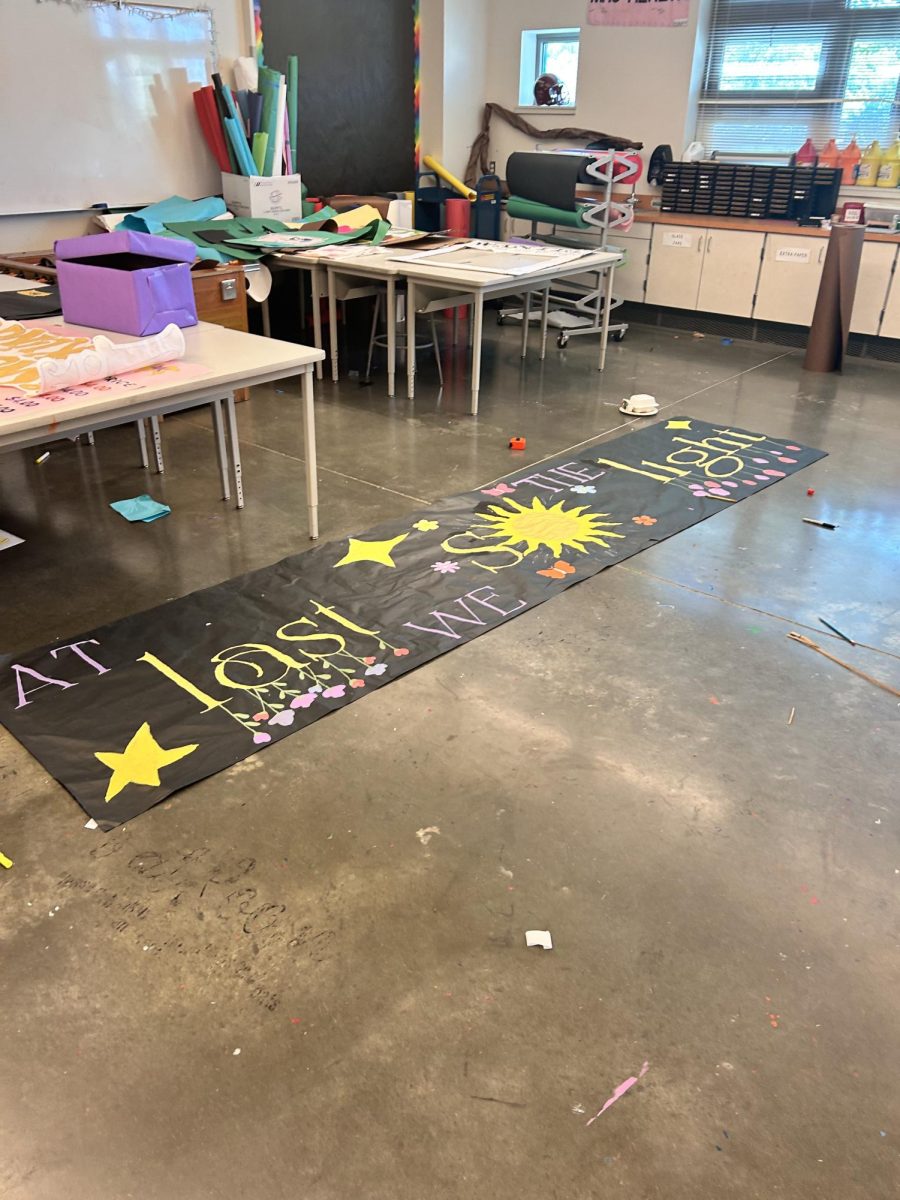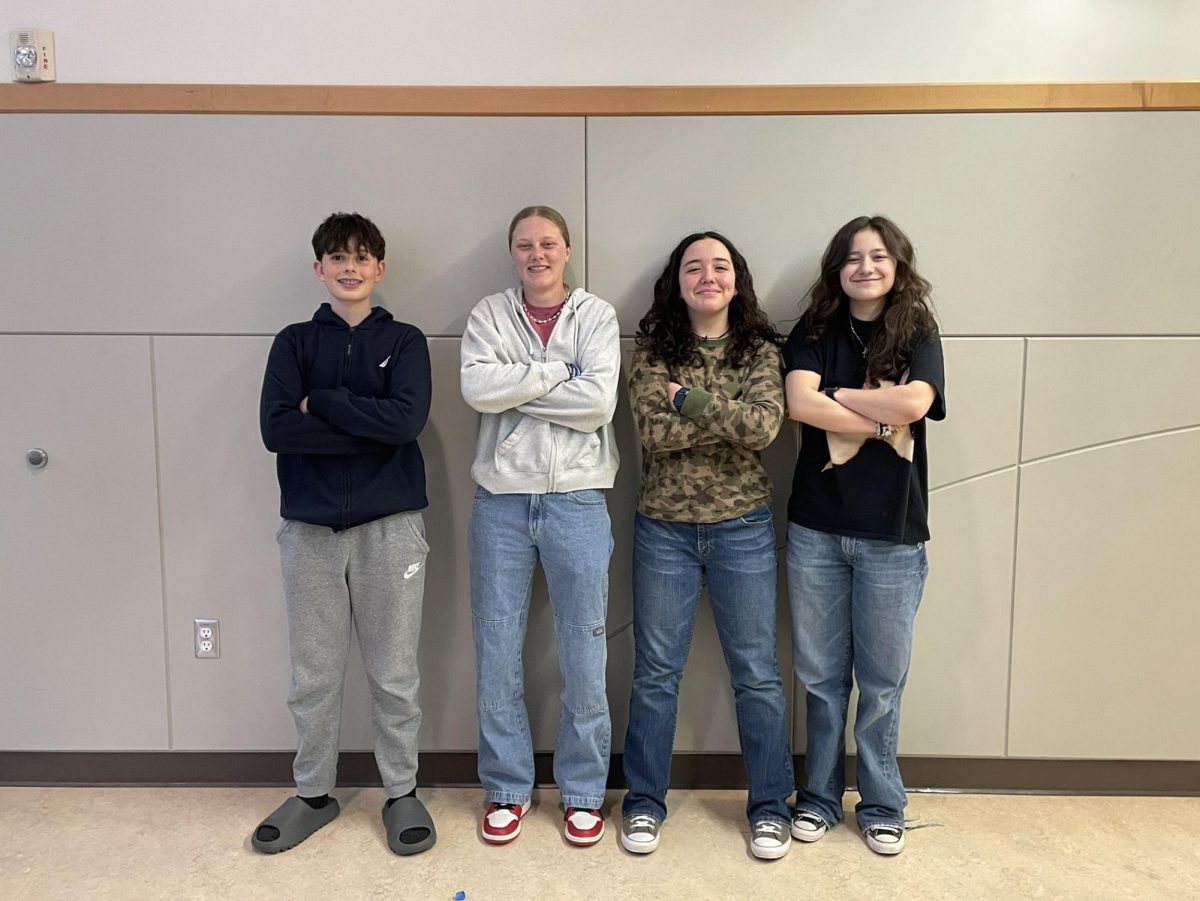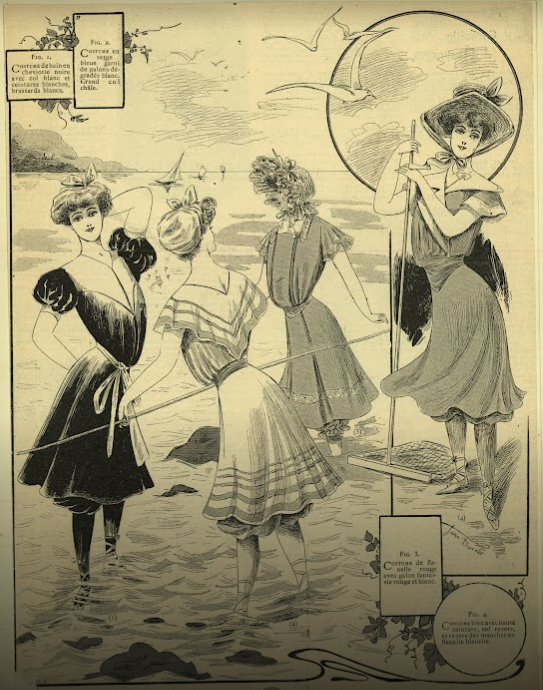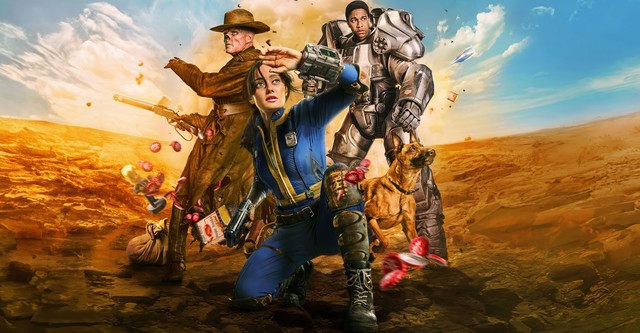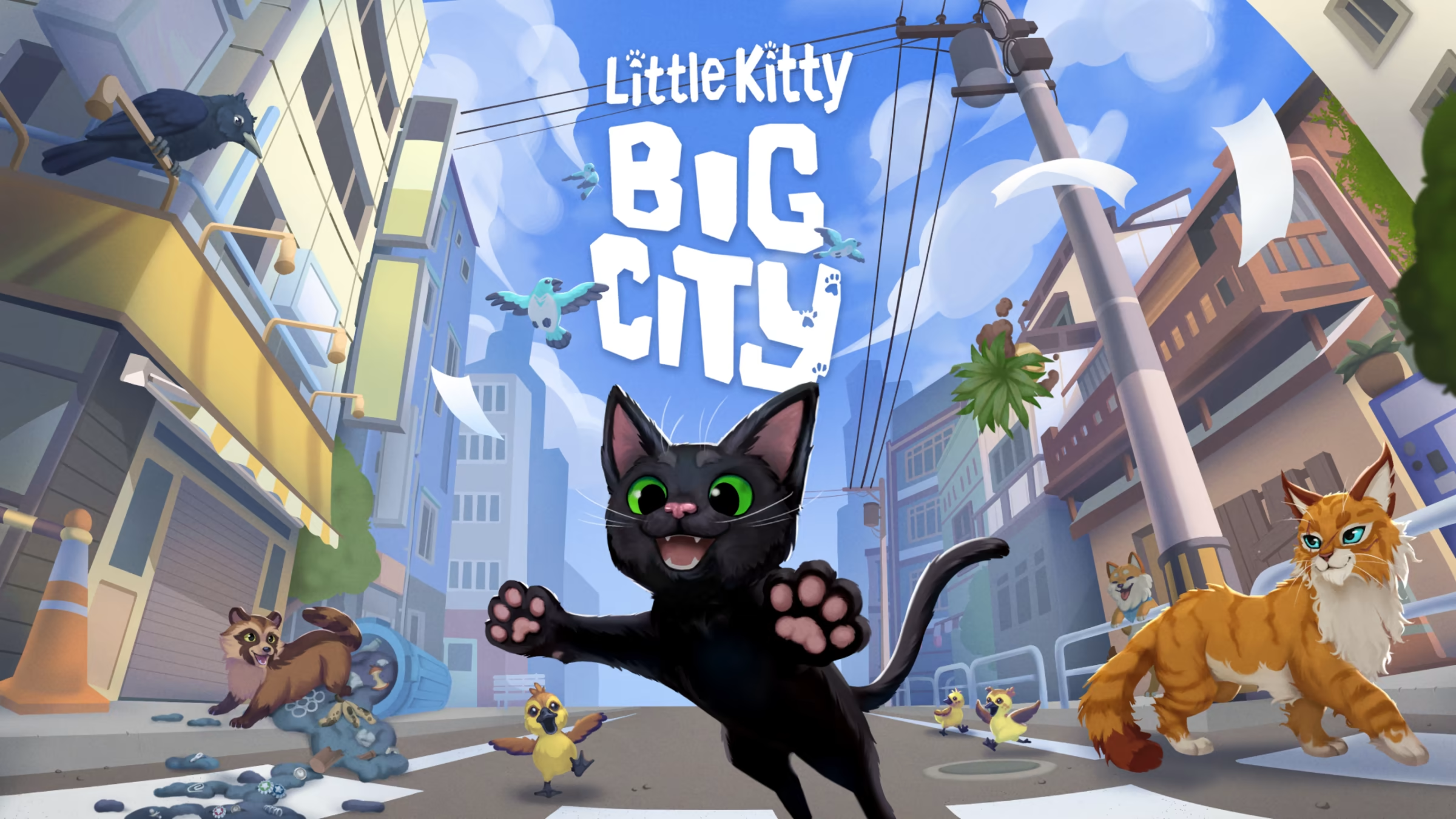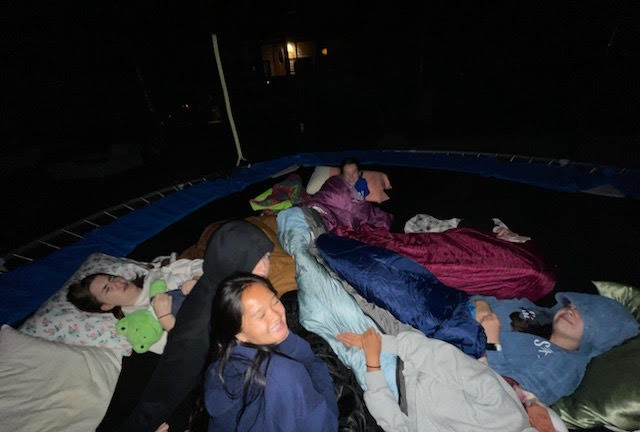Chris McCandless: What was the point of his Journey?
June 9, 2023
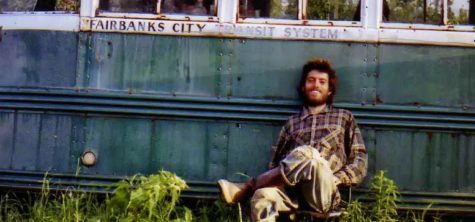
Christopher J. McCandless (also known by his pseudonym, Alexander Supertramp), was a civilly disobedient transcendentalist whose story and adventures affected people in many ways. There are people who look up to him as a genius and see him as someone who changed the world. Others view him as a selfish, unprepared fool who was ungrateful and caused his so-called “loving” family such pain. I always get a searing anger in my head when someone makes assumptions about his adventures and calls him “dumb” and “selfish” for abandoning his family, because a lot of people don’t understand the real reason he left so abruptly and was so desperate to get into the wild. When I discuss his story to others, whether they’re my classmates in Pre-AP English, or other people who are familiar with his story, the majority of the people rolled their eyes at me and insisted that he’s ludicrous, and told me I have a bad case of the “Chris McCandless Obsession Problem” (it’s a real thing, look it up!). But, there’s more to the story than him making unsettling discoveries about his parents and them throwing the idea of divorce at each other that compelled him to leave so impulsively, but weren’t included in the bestselling book.
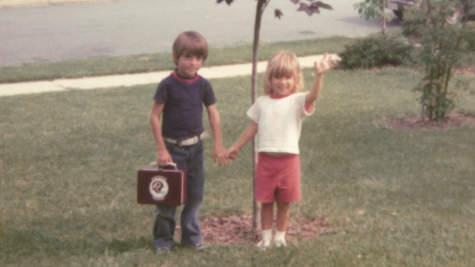
Who was Chris McCandless?
Chris McCandless was born in El Segundo, California on February 12, 1968 and grew up in Annandale, Virginia. His father, Walt McCandless was an aerospace engineer and worked as a NASA scientist and entrepreneur. His mother, Billie, was a secretary when Walt met her. He had a sister, named Carine, whom he was always close with from a very young age, unlike many siblings. They were an upper middle class “well-to-do” family, with a nice home and a shiny Cadillac.
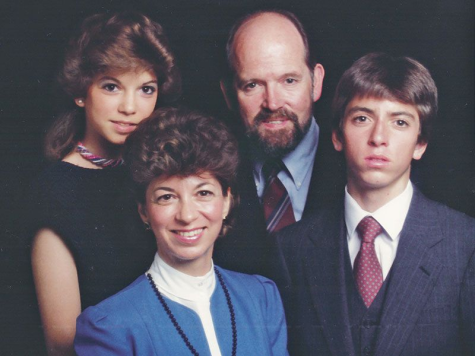
He excelled in academics and became the captain of the cross-country team at his high school. He found interest in literature, writing, and studying history. His grades were usually perfect, except for an F in Physics because he refused to format his work the way his teacher wanted him to. Passionate about his sport, and prideful of his position as captain, he would make up games and techniques to make running fun and to take themselves on adventures. He advised people to imagine that they’re “running away from evil” and all bad things in life, and he even made up a game called “Road Champions.” He eventually got accepted into Emory University, where his father had gone for college. He co-founded the student newspaper, The Emory Wheel, and graduated his classes with almost perfect grades on May 12, 1990. His grades were even good enough to continue college at Harvard.
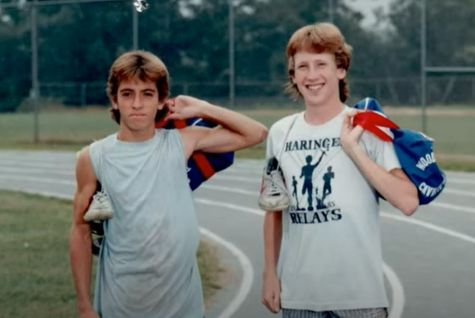
In school, he never had trouble making friends, but he also enjoyed having his own company. He had a few close friends throughout high school, but he didn’t hang out with them much after school on his own time. However, in college, he mysteriously became very closed off and cut himself off from all of his friends. If he was ever hanging out with someone outside of college, he would make them drive around the so-called “ghettos” of Atlanta with him and talk to homeless people and buy them food. His friends never really enjoyed that very much, but Chris really felt like he was doing good in the world, which made him happy. He had only one girlfriend throughout high school, but she broke up with him because he “took her on sweet adventures, made picnics and such, but was too shy… though he talked about [their] future too much,” Carine, his sister once stated, as she was close with his girlfriend. The girl told him she wanted to see other people, and Chris was devastated. Beyond that point, he never had any other girlfriends and most likely remained celibate as an adult.
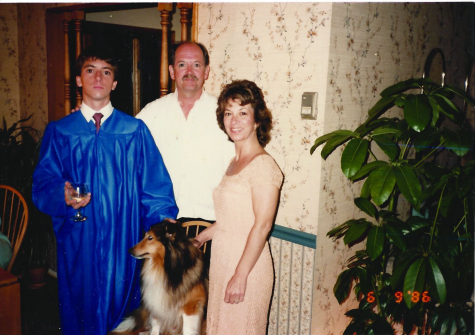
After graduating from Emory, McCandless donated all of his savings to OXFAM (a charity dedicated to support those in hunger) and took off in his yellow Datsun, leaving only a letter to his sister, never to be seen by his family again. He wrote: “…once the time is right, with one abrupt, swift action I’m going to completely knock them [Walt and Billie] out of my life. I’m going to divorce them as my parents. … I’ll be through with them once and for all forever.”
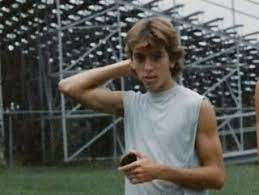
He drove up to Detrital Wash in Arizona, and while camping in his car, there was a flash flood, which attacked it. There was little to no damage, but the engine was too wet to start up so he decided to leave it behind, with a note saying that anyone who could get it out of there could have it. He buried his license plates, abandoned his secondary necessities, and burned all of his cash. He tramped all around western America; hitchhiking and hopping freight trains. In the fall of 1990, he fell upon a man named Wayne Westerberg and became friends with him. Westerberg worked at a grain elevator in Carthage, South Dakota, and let McCandless work for him; whether it was doing his “dirty work” for him or operating machinery. Westerberg claims that Chris wasn’t very “mechanically inclined” and that he lacked common sense, though he was book-smart and would take on any challenging job he gave him.
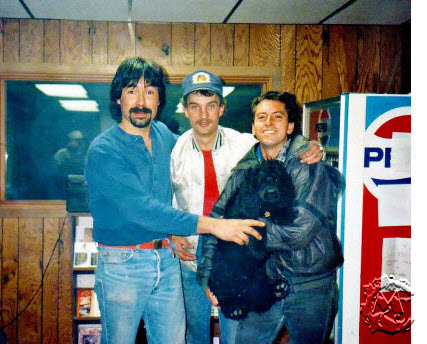
Westerberg got arrested for selling black boxes, which is an illegal cable box that allows people to hack into other TV channels for free, which forced McCandless out. As Chris proceeded to travel, they stayed in touch by sending letters and postcards to each other through the mail. Sometimes, Wayne would send Chris money to help him with his travels, and Chris did not like that because “it made tramping too easy.” Chris enjoyed the rewarding pleasure and satisfaction of making his way without money, and when he had it on hand things weren’t as enjoyable. With the money, he bought an aluminum canoe and made a goal to paddle through the Colorado River into Mexico, and get down to the gulf of California, where he could be at the sea. For Chris, paddling through the border was easier than he thought, and after a long while of going in circles and getting stuck in a swamp, he finally made it to the sea. However, McCandless experienced “great tragedy” with his near-death experience of almost becoming swept out by currents and engulfed in waves after about a week of riding the canoe around the sea, and decided to quit sailing for a while and abandoned his canoe and spent ten days camping inside a cave.
After he made it back into America (and spent one night in jail for illegally crossing the border), he continued tramping around and met Jan Burres and her boyfriend, whom he’d spent a lot of time with and continued to return and visit them on several occasions. He temporarily got a job at a McDonald’s in Bullhead City, Arizona to save up money for new camping supplies for the upcoming season. He then moved on to tramping around, and settled camp in Sultan City, California. His camp was not too far from Oh-My-God Hot Springs, until he met a kind old man named Ronald Franz, who let Chris stay in his house with him and took care of him. Franz, a veteran who has lost his wife and son due to a drunk driver hitting them in a car accident when he was deployed overseas, grew affectionate to McCandless and saw him as another son, or, a grandson. They bonded quickly and Franz grew attached to McCandless.
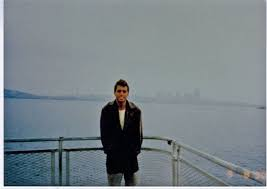
When Chris was ready after a few months to head back up to Wayne Westerberg in South Dakota for another job until he can head to Alaska in the spring, Franz insisted on driving Chris as far as he could before he really needed to head back for an important appointment. Upon saying goodbye to Chris, Franz asked to adopt him as his grandson. Chris asked him if they could talk about it when he gets back from his journey to Alaska, and they parted ways. Franz took some advice Chris had given him, and he decided to live off the land in the desert, still nervously waiting for who he saw as a grandson to return safely.
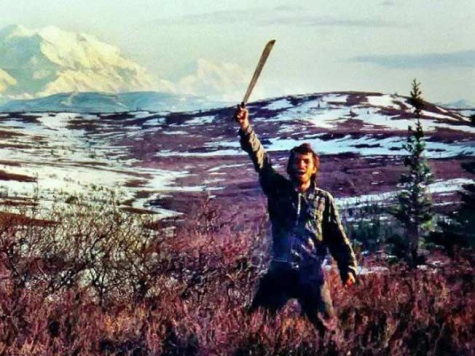
Chris worked for Wayne and stayed in his house with him and his fiancee. They all became very close with each other, and Chris had a very good time with them. Then, Chris eventually departed from there to hitch-hike up to Alaska in may, which was where he wanted to end up all along. A man named Jim Gallien, who was weary about dropping him off in the cold storm with Chris’s lack of equipment, dropped him off at Stampede Trail, which is near Fairbanks, Alaska. That was the last time he was seen until his body was recovered in the famous abandoned shell of Bus 142 by a group of moose hunters. The cause of his death was from starvation, but it is also likely that he died from poisoning.
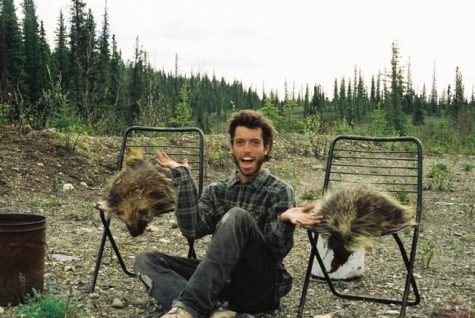
Why did Chris go on such a risky journey and leave his so called “loving family” behind so impulsively?
Some people say he left for selfish reasons, being rash, over-confident, unprepared (he lost most of his supply, and ended up relying on a single book about what to eat, using a map that needed updates, and his gun wasn’t strong and accurate enough to hunt large animals or use as protection from bears), and ungrateful for his family who appeared at surface level to love him.
Others believe that he had left mentally unstable with intentions of self-harm and didn’t plan on walking out of Alaska alive ever again. There are even some people who look upon him as foolish and willing for fame and recognition for his journeys.
I am certain that he didn’t go into Alaska for reasons of harming himself. As there are some factors that would make it possible that he was intending that, it likely wasn’t because he had plans of heading back in June, and he had a job set up and waiting for him with Wayne Westerberg. The reason he couldn’t head back was because he found the Teklanika River, which he crossed to get to the bus he camped in, and thought crossing it was the only way to get out, as he was completely unaware that there was a sheriff station seven miles away where he could temporarily lodge and seek help. The river was churning with rapids due to the melting glaciers in the late spring and early summer, and he decided to wait until the rivers would be calm enough to eventually ford. As he was waiting it out, he ate a massive amount of wild potato seeds, which weren’t known to be toxic at the time, and he tragically passed away.
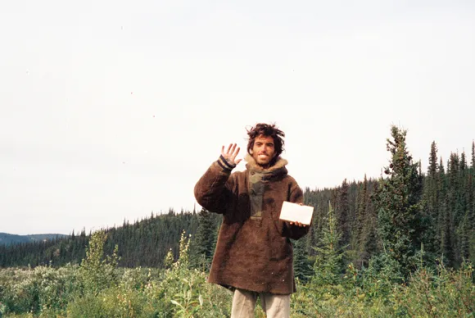
The real truth is something far more deep than what was covered in Krakauer’s “Into the Wild,” and the following motion picture that told his story, based on the book, which starred Emile Hirsch.
Right after he graduated high school, Chris decided to take a roadtrip by himself and drive around America in his yellow Datsun for the first time. He decided to visit his half-siblings in California and other relatives that lived in the area. He was under the impression (based on what his parents Walt and Billie had told him) that before Walt met Billie, he was married with another woman and had already had children with her. Then, they eventually divorced and after some time, he met Billie and they got married and had Chris and his little sister, Carine.
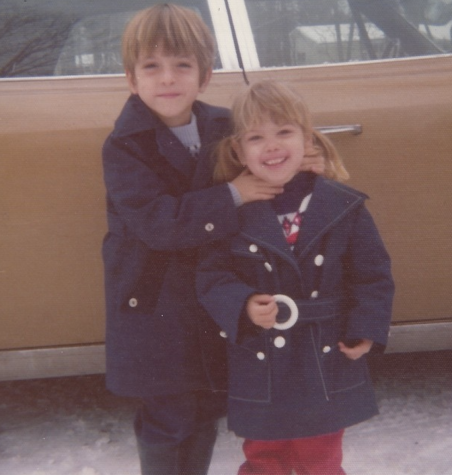
However, talking to some old family friends in California, he realized that something didn’t add up. He put it together that the truth was, when Walt was with his first wife, he cheated on her with Billie, and then abandoned her and their children for Billie. They didn’t divorce, and Walt and Billie were illegally married. Chris was born, and then he met up with his first wife again and had another child with her after Chris. When Chris was too young to remember, it would be “normal” for Walt to disappear and take turns living with his first wife and then go back to Billie for periods that lasted around five days or so. Then, he eventually divorced the first wife and continued life with Billie and eventually gave birth to Carine, Chris’s sister. It hit him that his mother was “the other woman” and he and Carine were the “bastard children”.
When he made this discovery, Chris nearly shut off from his parents, but would still talk to Carine. When he was still on his trip, he was supposed to make a phone call home every other day, but would only call about once a week and would spout out excuses for his worried mom. During this trip, he drove up to Alaska, becoming smitten by the breathtaking scenery, and it was without question that it was his “happy place”. Once he got back, he hardly talked to Walt and Billie. He was very quiet, and downright cold to them. These thoughts evidently plagued him during college, because he was very quiet and didn’t talk much; he would rather have stayed in his dorm and read, write poetry, and work on articles for the college newspaper, keeping his thoughts closed off and to himself.
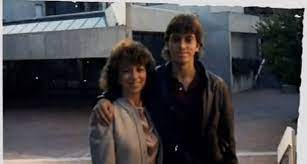
However, it wasn’t unusual for him to be closed off before he made this discovery, especially when he was just around Walt and Billie. Walt stated that he would try to bond or connect with him by doing things Chris liked with him, like playing tennis (which was a close favorite to running) or other sports, but Chris would sometimes shut off, refusing advice for better plays, and would continue to do it his own way. Chris also enjoyed singing and playing musical instruments (such as piano, guitar, violin, and french horn). Walt overheard him singing one day, and offered to let him perform for guests when they would come over. Chris denied his offer, and stayed careful to not let his parents hear him sing after that, but he still enjoyed practicing. Walt and Billie also noticed his talent in playing violin, and decided to get him a music book and a nicer violin (rather than the beat down one he got from another relative) one christmas. Noticing his parents wanted him to enjoy it, he refused to use the new violin and would never practice around them. Considering this was before he made the discovery, the average person would call him a bratt for having such a stale attitude. But, in 2014, about 20 years after her brother’s devastating death, Carine published a book called “The Wild Truth,” and leaked information about her and Chris’s depressing and unstable childhood.
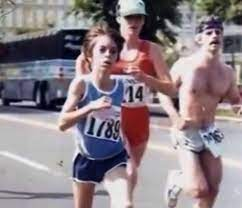

It was already known that Walt and Billie were in constant argument, consistently threw the idea of divorce at each other, and would physically abuse each other, as was first revealed by Jon Krakauer in his bestselling book, “Into the Wild.” However, Carine leaks that not only were Walt and Billie mentally and verbally abusive to her and Chris, but they were also physically abusive too. Walt was primarily the one who would physically lash out on the children, and primarily targeted the beating on Chris. Chris was quiet about it, but Carine would try to speak up for him and would end up getting beaten too. Whenever Carine would try to discuss these issues with Billie, her mom would yell at her and tell her that Walt wouldn’t do such a thing. Billie would also blame Chris for the reason why she was “stuck” with Walt, and would go off and cry to himself about it.
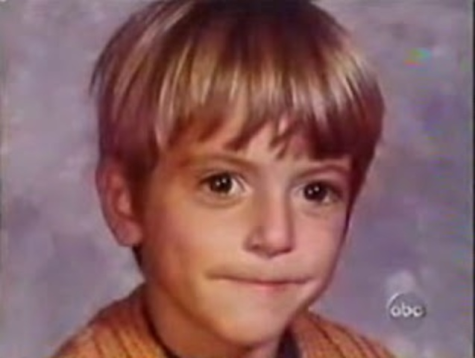
These experiences drove Chris and Carine to be the only best friends they could have for each other. Carine described Chris as her only true “protector” and they were the only people who could really get each other. He always knew how to make her laugh and he came up with distractions from Walt and Billie’s violence. She wrote in The Wild Truth, “[Chris and I] ventured along the creek beds, soaking our sneakers with failed attempts to jump across the clear, cold rush at wider and wider points, skipping rocks, singing Beatles songs, and reenacting scenes from our favorite television shows.”
Carine also added in her book that Chris was driving home one day with his best friend, Andy, and a few other friends from cross country practice. Andy told Chris he was going to ask Carine out when he leaves for college. Chris forced a grin and ignored him, as he would when someone would pick on him, but after Andy discussed his plans on what he would do, Chris stopped the car and kicked him out, crying, “Don’t talk about my sister like that!” But, after some time he turned around and went back to pick him up, and the other friends in the car kept telling him it was meant as a joke and he wouldn’t do such a thing so he would calm down.
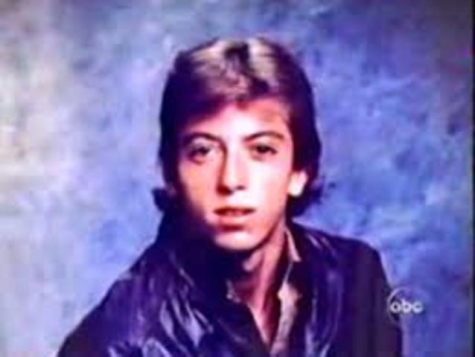
However, looking back to his relationship with his parents, there were some happy moments the family still shared together. Walt got Chris into country music, which Chris enjoyed listening to as well as rock music. Chris was reportedly “obsessed” with the song “King Of The Road” by Roger Miller, which he even made a reference to the lyrics: “No phone, no pool, no pets, I ain’t got no cigarettes,” in a motto he carved when he was living in the bus in Alaska. Walt and Billie would take Chris and Carine on camping trips with their half-siblings and other relatives. The men would go rock climbing, which Chris loved. They bonded over the experience and would astonish the beautiful view together. Chris loved just being in nature in general. Ever since he was little, he always wanted to go on an adventure whether it was a big road trip or a little walk in the woods.
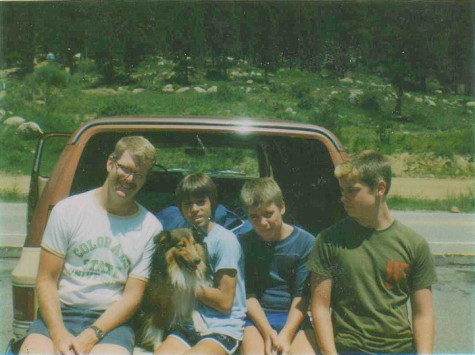
I hope this will cause you to think before you call Chris “idiotic”, “insane”, and “irrational” for leaving his old life like he did. Sadly, the truth behind his home-life isn’t very known, and people read “Into the Wild” and imagine him as some overactive mad-man who threw a tantrum because of an issue that was already dealt with, and stormed off angrily without proper knowledge of what he was getting himself into. I think it’s very important for people who’ve read “Into the Wild” to learn about the complete reason he was desperate to get away from his old life, read a few summaries about Carine’s 2014 book, “The Wild Truth,” and maybe even the entire book if you really think he was such a narcissistic idiot.
I would also like to say that schools that teach “Into the Wild” should include showing excerpts from “The Wild Truth” and having discussions about them to help students get a better understanding of why Chris left so impulsively. Without the context of his home life, students could interpret Chris the wrong way and assume his intentions as completely different from what they really were. Upon discussing our individual views on Chris in class, or with other students who are familiar with his story, everyone is under the impression that he left just because of his parent’s secret, which they’d put behind long them before he found out, and they’re completely unaware about his violent, traumatizing, and devastating childhood. By not knowing about the abuse and pain he went through, they ignorantly call him an “idiot” and say he was “insane”, which I see as indescribably tragic to his reputation, story, and legacy.
